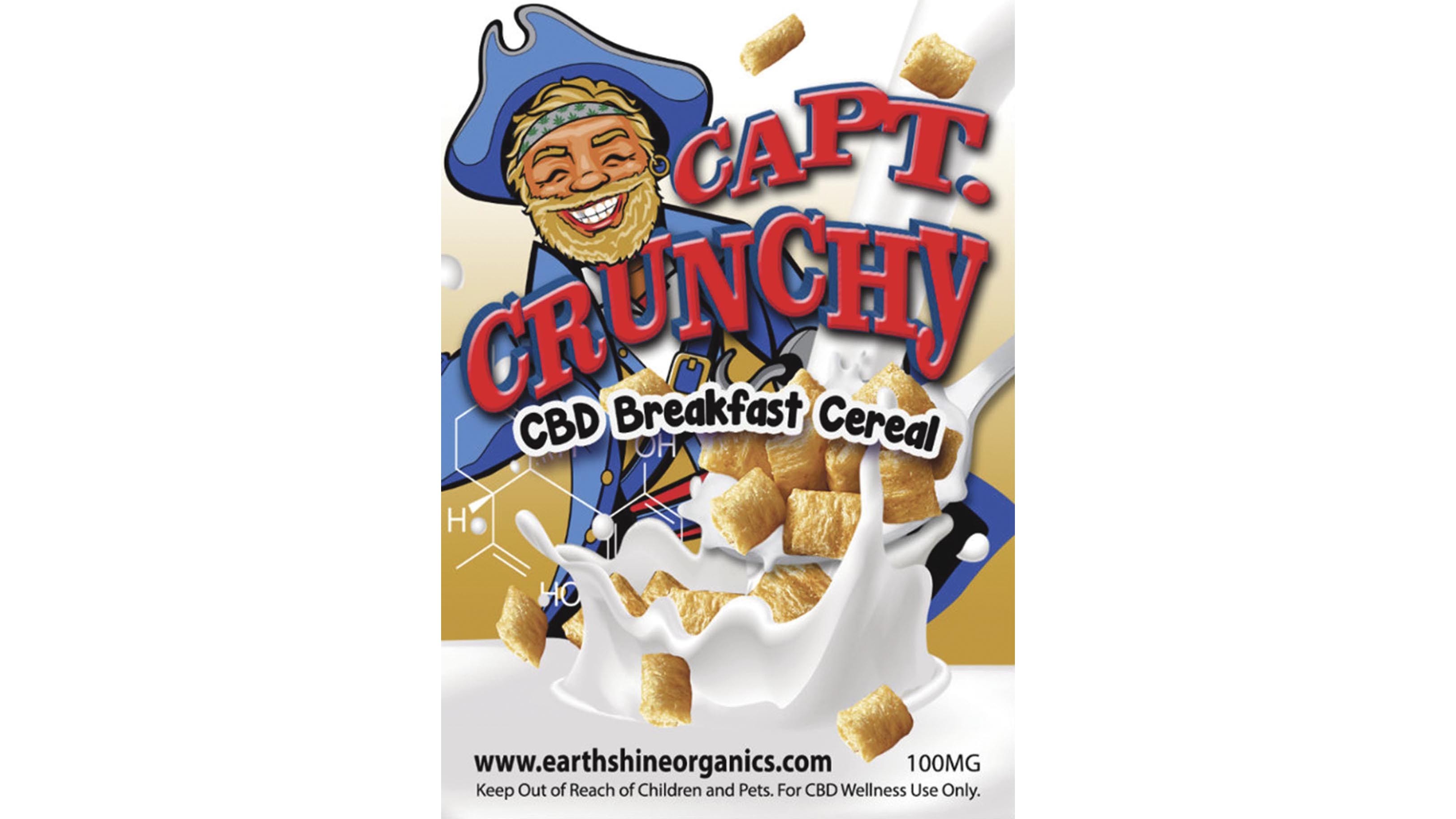
Last Friday’s hearing by the Food and Drug Administration on the lack of regulation of CBD products served as a microcosm of the state of play in the emergent market for the non-psychoactive component of the cannabis plant — which may or may not relieve ailments from colds to cancer. The hearing was a 10-hour slog, consisting of a Tower-of-Babel cacophony of every opinion on the matter that ever has been voiced. And that was on top of the nearly 1,000 comments posted to the FDA’s website.
A woman diagnosed with breast cancer called CBD a “lifesaver” — not because it saved her life, but because it relieved her symptoms. A mother told commissioners that her son committed suicide because of cannabis use — which was heartbreaking if almost certainly untrue (even more so in the case of CBD, which has no psychoactive effects beyond inducing a relaxed mood in some people).
But it was the industry representatives who had the most to say, as is always the case. And not just one industry, but a whole bunch: CBD and hemp producers, yes, but also food producers, grocers, pharmacists, and bankers. Their unified message was, “Please regulate us.”
Businesses generally don’t like regulation, but when they know regulation is coming whether they like it or not, they want clarity, which is something the CBD industry is woefully lacking.
The 2018 Farm Bill took hemp, marijuana’s botanical cousin, out of the Controlled Substances Act, resulting in a rush of hemp-derived CBD products into the marketplace. In doing so, Congress explicitly charged the FDA with regulating the substance. So far, beyond issuing a few hard-to-interpret “guidelines” and levying fines against some CBD producers for dicey health claims, the agency hasn’t done much. And the consensus is that neither industry nor consumers will get much clarity any time soon.
Some perspective, though: “For decades, the FDA wouldn’t touch us with a 10-foot pole,” said Etienne Fontan, director of the Berkeley Patients Group and, as a board member of the National Cannabis Industry Association, an FDA-recognized industry expert. “Just the fact that they’re holding 10-hour hearings shows how much we’ve moved the line.”
Still, consumers who are confused by the plethora of products bearing vague-at-best labels are unlikely to get much clarity from the feds any time soon. And even in states like California, where cannabis products are legal, there is much bewilderment, as well as roadblocks for producers and merchants. For instance, the California Department of Public Health disallows the sale of hemp-derived CBD, while state law allows the sale of marijuana-derived CBD at licensed dispensaries only. The Legislature is almost certain to fix that situation and allow hemp-based CBD, but that won’t do much to clarify matters for either businesses or consumers.
Should hemp CBD be allowed in food and drinks? The FDA, so far, says no, though the matter remains under discussion, and was a big topic at last week’s hearing. Some states allow it, and the California legislature seems ready to pass a law, AB-228, that would allow the sale of such products in licensed facilities.
For the moment, though, Fontan said he’s “much more hamstrung in California” than he is by the feds. And he continues to worry that some fly-by-night operators are peddling “snake oil,” tainting the industry’s reputation. In this, he is in full agreement with the lobbyists who attended the hearing representing food producers and grocery and pharmacy chains. “We need clarification, on what can be in products, what should be on labels, what products CBD can be added to,” he said.
Similarly, the food industry’s main lobbyist, the Grocery Manufacturers Association, sent its vice president of science and technology, Betsy Booren, to the hearing to tell commissioners that the need for “national, uniform regulatory frameworks that protect public health is of critical importance.”
Producers and retailers want to be able to put something on their labels and in their marketing materials indicating what the products are meant to do. For now, the responsible ones don’t put anything, and the irresponsible ones make dubious health claims that put them at risk of massive fines.
Of course, the situation wouldn’t be this bad if the feds hadn’t for decades treated cannabis as a dangerous narcotic, which severely limited scientific study. There are many claims out there, and not all that much backing for many of them. (CBD has been shown to offer significant relief for some seizure disorders, and there is fairly strong evidence that it helps relieve pain, insomnia, skin irritations, and other ailments; there is very little evidence that it can prevent cancer or send it into remission, as some have claimed).
Questions abound. What is the right dosage of CBD for a given purpose? Is inhaling it through a vape pen harmful, or more effective? Can CBD relieve arthritis in a human, a dog, or a cat? What other ingredients are in CBD products, and should people be ingesting them? How certain can we be that what’s on a label is what’s actually in the product? For now, there is very little standardization, and none at the federal level, that could help answer these questions.
While Fortan said he’s “cautiously optimistic” that the FDA will act with due dispatch, he said that for now, consumers and businesses should accept the fact that for the foreseeable future, they will be “wandering in a morass.” 














